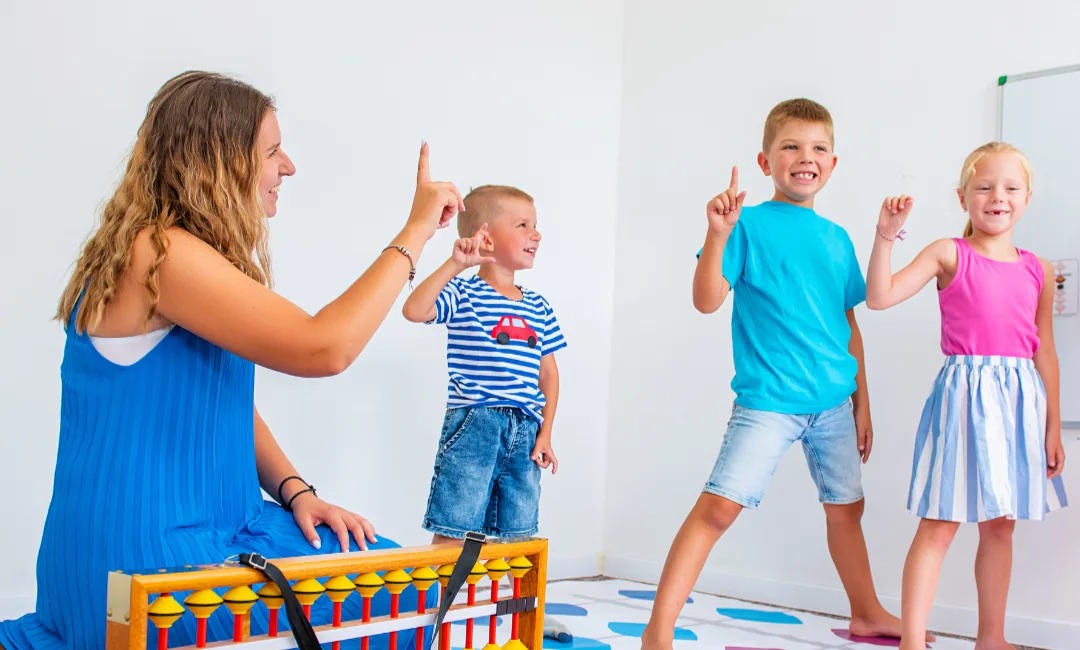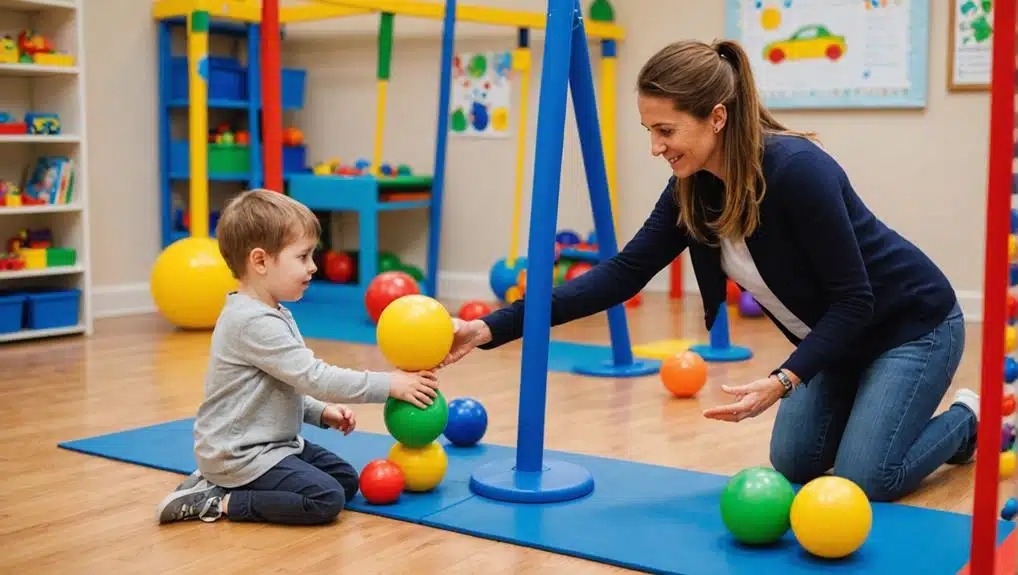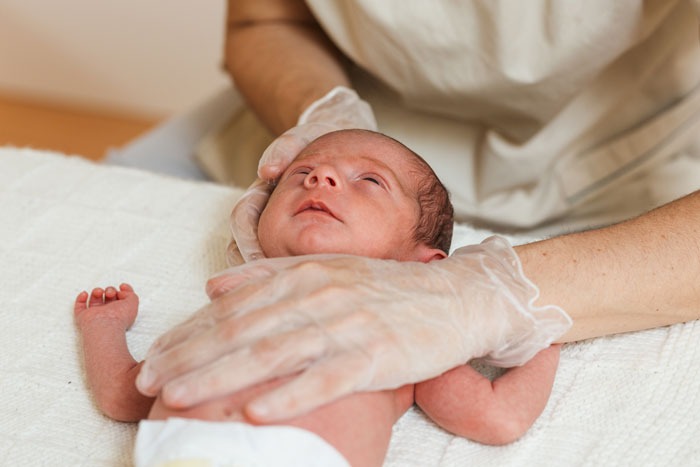I have always believed that a child’s journey to learning is woven through a delicate interplay of physical, sensory, and emotional development. I’ve seen many children struggle in school not because they lack intelligence, but because their motor skills, sensory processing, or confidence aren't fully aligned with their academic environment. Helping these children thrive requires an approach that goes beyond textbooks and desks—it requires understanding their body and mind as a cohesive whole.
The Hidden Link Between Movement and Learning
Think of a child trying to concentrate in class while fidgeting, wobbling in their seat, or having difficulty controlling their movements. These challenges are often signals of underlying motor or sensory issues. When children develop better coordination, balance, and strength, their ability to focus improves naturally. I’ve worked with children who, after a few months of targeted physiotherapy, began sitting still during lessons, reaching out confidently to participate, and even excelling in activities they once avoided.
Motor skills are the foundation of participation—whether it’s holding a pencil properly, climbing a play structure confidently, or coordinating their limbs for sports and other activities. These skills directly impact a child's confidence and willingness to engage. When children feel physically capable, they are more motivated, participative, and eager to learn.
The Power of Sensory Processing in Learning
Children with sensory processing difficulties often face invisible hurdles. They might be overwhelmed by loud noises, distracted by the feel of certain textures, or unable to filter out background stimuli. This sensory mismatch can cause frustration, anxiety, and decreased attention span. I have seen children who, through sensory integration therapy, learn to modulate their responses, resulting in calmer behaviors and improved focus.
For example, I recall a young girl named Aisha who was hypersensitive to auditory stimuli. Her constant distraction made classroom participation nearly impossible. Through gentle sensory exercises—integrating calming tactile activities and sensory-aware movement—Aisha gradually learned to regulate her reactions. Her confidence soared, and participating in class became a regular joy rather than a source of distress.
Building Confidence Through Movement
One of the most fulfilling aspects of my work is witnessing how physiotherapy boosts a child's self-esteem. When children improve their motor skills, they begin to experience independence, pride, and a stronger sense of self. I remember working with a boy named Rishi, who initially lagged behind his peers in both motor development and social participation. With consistent physiotherapy focused on enhancing strength and balance, Rishi not only improved physically but also started engaging more actively in his school activities. His self-assurance blossomed, and he began to see himself as capable and eager to learn.
Holistic, Individualized Approaches by Mr. Mohan Dass G (PT)
Every child is unique, and their developmental needs are distinct. My approach is always tailored—comprehensive assessments guide personalized plans that target the child's specific motor and sensory challenges. I work in tandem with parents and teachers, creating a supportive environment for progress both at home and in school.
Through play, movement, and sensory activities customized for each child, I aim to bridge the gap between physical ability and learning capacity. It’s about empowering children, giving them tools to succeed, and fostering a positive attitude toward education. When children believe in themselves and their abilities, academic success becomes a joyful journey rather than a daunting challenge.
Final Thoughts
In the end, supporting a child's learning journey involves much more than academic instruction. It requires nurturing their motor skills, sensory responsiveness, and confidence—building blocks for lifelong learning and success. I remain committed to guiding children and their families through this process, knowing that every step forward transforms not just their performance in school, but their entire outlook on life. Because when a child’s body and mind are in harmony, nothing can stop them from reaching their full potential.



Add a Comment